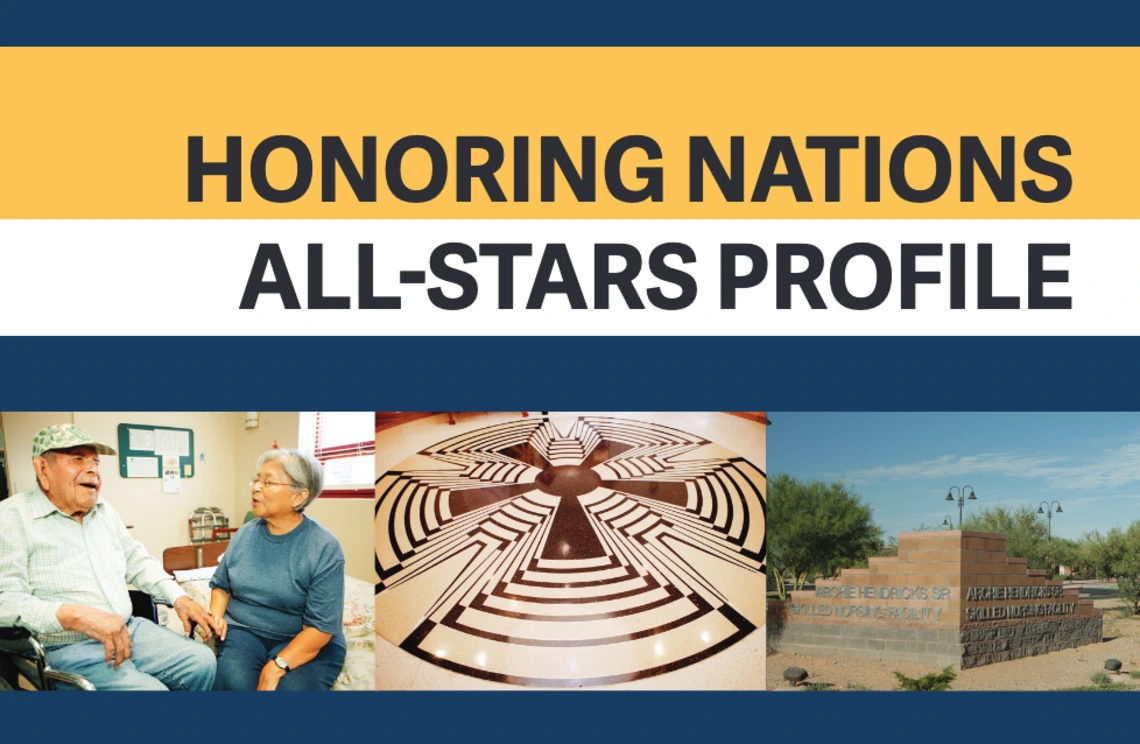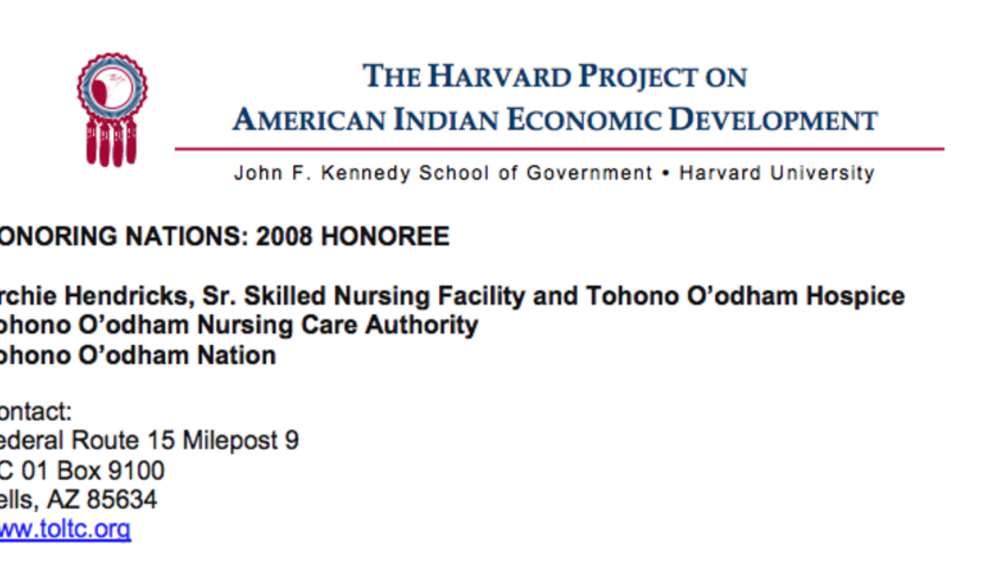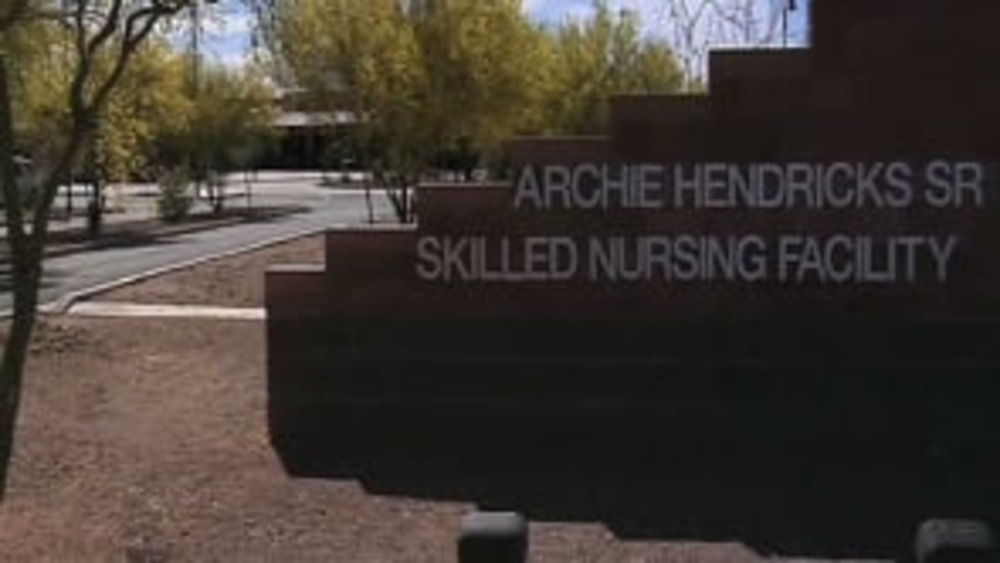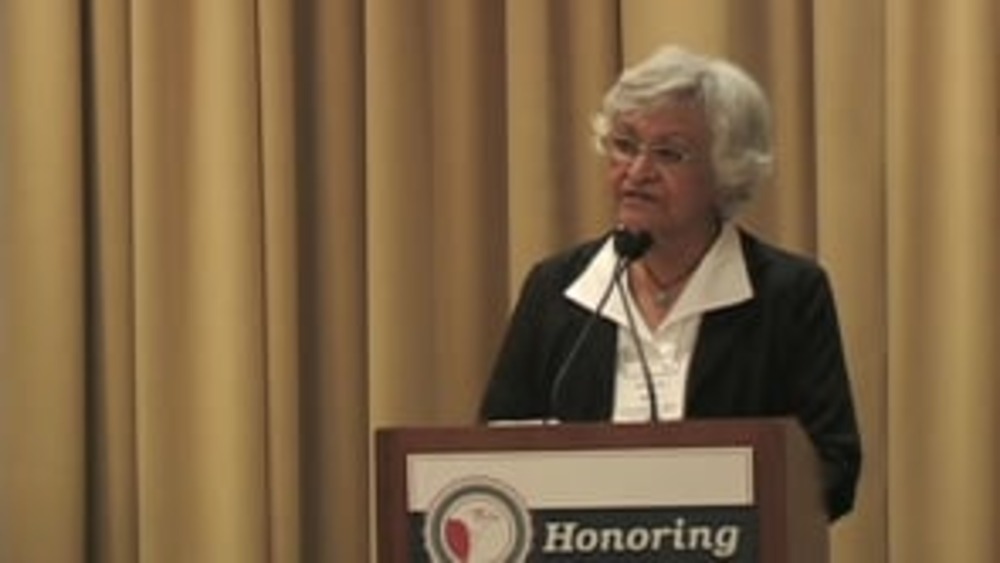For many years, due to the Tohono O’odham Nation’s location in the Sonoran Desert of Arizona and the sparse population, Nation members did not have ac-cess to reservation-based long-term or post-hospital care services. This was particularly true for O’odham elders. Elders admitted to the Sells Area Indian Health Service Hospital for acute care who subsequently required follow up long-term skilled nursing care or a place for post-hospital recovery were discharged to nursing home facilities in the Tucson, Arizona area. For most O’odham families, a visit to elder family members required a drive of ninety minutes or more—if trans-portation was available at all. Language and cultural barriers in these urban settings also became a major concern. The facility caregivers could not speak to these residents in the O’odham language, and O’odham residents were not offered traditional foods to eat, could not easily seek the assistance of medicine people, and were not able to spend their remaining days in the desert environment to which they were accustomed. While statistics are not readily available, it is not hard to conclude that placing an ill and frail O’odham elder in a foreign and isolating facility hastens further debilitation and death.Seeking change, the Tohono O’odham community members asked their government to find a way to provide good, culturally appropriate, and local care so that they could bring their elders home
Additional Information
Stout, Francis and Judith Dworkin. Honoring Nations All-Stars Profile: Tohono O’odham Nursing Care Authority. Harvard Project on American Indian Economic Development, John F. Kennedy School of Government, Harvard University. Cambridge, Massachusetts. 2013.




